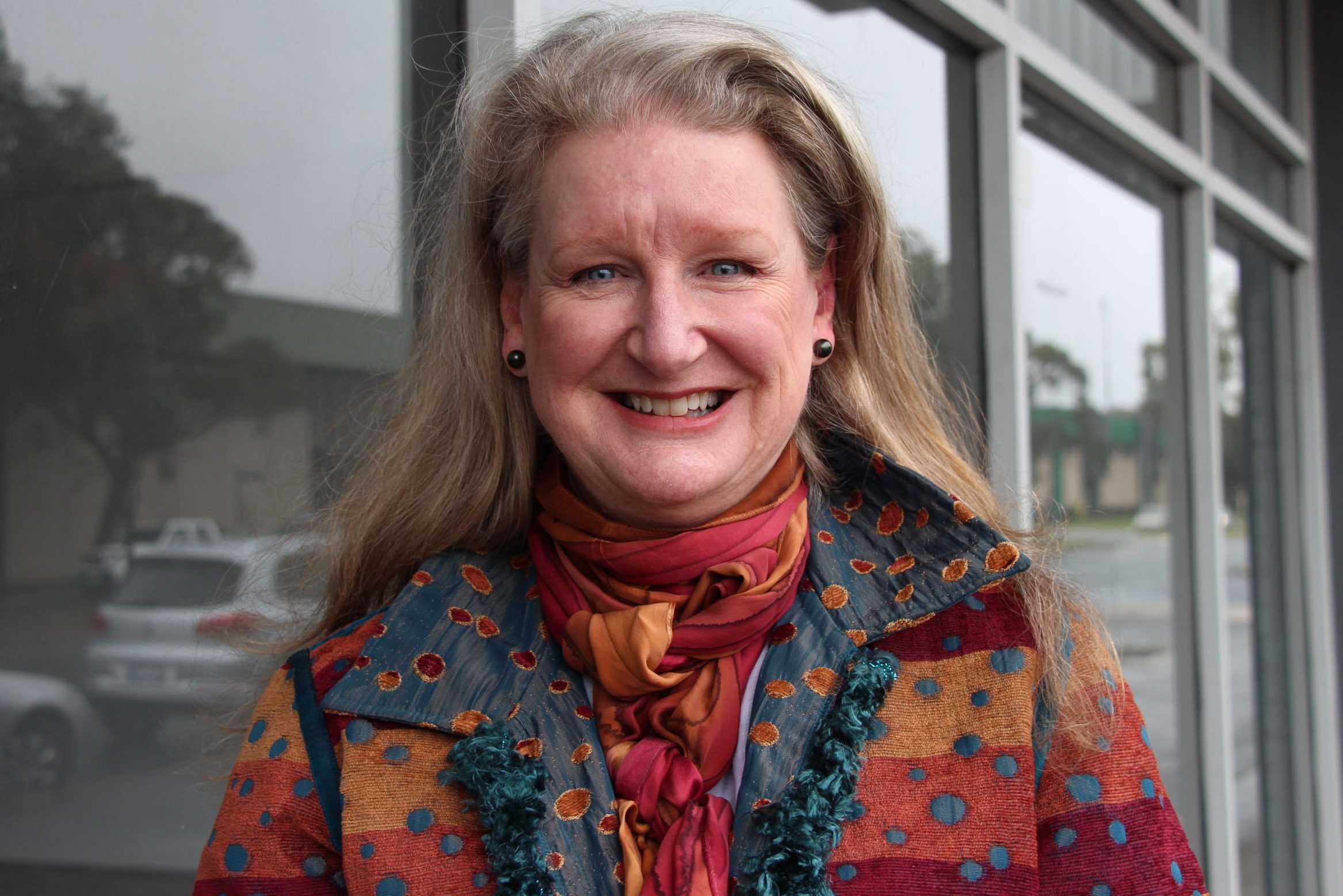
Long term underperformance in education outcomes in the ACT must be addressed through systemic change. Submissions to the current Inquiry into Literacy and Numeracy suggest that vested interests may be acting as a roadblock to change, says Dr KAREN MACPHERSON.
The independent Inquiry into Literacy and Numeracy in ACT Public Schools is due to report to the government at the end of this month.
At stake is the quality of the education that is provided to the 50,000 children in the ACT public school system.
Let me make it clear that the issues with learning outcomes in the ACT are in no way a criticism of our dedicated and hard-working teachers. The problems lie in the education system itself.
Although a general slide in literacy and numeracy outcomes has been ongoing across every Australian state and territory for a decade, the ACT has its own particular difficulties.
Far from being a star performer as ACT Minister for Education, Yvette Berry, claims, it is consistently below other jurisdictions of similar high socio-economic advantage in educational outcomes.
Matters came to a head in October. A Liberals’ motion for an independent inquiry was supported after Equity Economics reported that 1 in 3 ACT 15-year-olds is below national proficient standards for reading; and damning figures in the Education Directorate’s own 2022-23 Annual Report had revealed that its targets for the reduction of Equity gaps – an important metric – were missed by significant margins: a whopping 37 per cent for numeracy; and 21 per cent for reading. The equity gap is actually increasing.
Stagnating system overdue for reform
What on earth is happening in the ACT?
Unfortunately, despite good intentions; claims of bold education reform and excellence; prioritising equity improvements; even the introduction of the much-vaunted Future of Education Strategy in 2018 – the ACT’s system is not achieving the turnarounds that have begun in other jurisdictions.
Over time, a complex interplay of factors has combined to create a stagnating system that is overdue for reform. These factors include ACT education system structures; ideological trends in teacher training; and a lack of evidence-based decision making.
With regard to structures, the longstanding model of school autonomy has led to increasingly local-level decision making and management being devolved to school leaders, increasing workloads for school leaders and blurring their necessary focus on the core business of educating students.
Another negative consequence of this model has been the development of considerable variability and inequality between schools within the government system.
Policies that should be determined centrally and applied to every school to achieve equity and fairness; success in learning; and safety; are not. The result is a collection of schools, rather than the strong and coherent public education system that is needed.
At the directorate level, strong, informed leadership and responsibility are required. Yet there is no public evidence of effective evaluation and review of policies and programs, with the result that professed attention to “evidence-based decision making” is lip service only.
Teacher training ripe for review
Teacher training is ripe for review. It is clear that curriculum content in teaching degrees may not provide students with the full range of teaching knowledge and skills that are needed in the classroom.
As a person fortunate enough to have benefitted from an excellent public school education, I am a big believer in the value of a strong public school system.
It was for this reason that I chose to write a submission to the Literacy and Numeracy Inquiry. I also chose to review all of the other 70 submissions currently available to the public on its website, in order to discover if these 71 submissions, collectively, could shed some light on why these issues are ongoing. They do. Perhaps unsurprisingly, vested interests appear to play a role.
The submissions fall broadly into three camps: For change; Against change; and Neutral. Excluding the small group of nine “Neutral” submissions from, for example, organisations offering their services that are neither for nor against change, 62 remain: 51 (82 per cent) are “For”; and 11 (18 per cent) “Against” change.
The overwhelming 82 per cent in favour of change in the education system are from a wide range of sources: concerned parents; teachers and tutors; education organisations; highly regarded policy think tanks; academics; professional bodies and federal government research organisations.
Together these pro-change submissions present a compelling breadth and depth of rigorous evidence in favour of change toward evidence-based explicit teaching of basic reading skills, and a stronger more cohesive education system.
Some submissions have a vested interest
The nature of the “Against” submissions provides a stark contrast. Significantly, at 18 per cent, this group of submissions against any real change to the ACT education system is small.
Further, if we look closely at the authors and their affiliate organisations, a number of them were written by the same group of authors, or their associates, in various combinations.
Some submissions clearly have a vested interest in the ACT’s current education strategy continuing. The ACT Government Contracts Register shows that one submission was written by a person who has been paid more than $500,000 in consultancy fees by the ACT Education Directorate since 2018.
All of these 11 submissions advocate continuing with the teaching approaches that have been used in the ACT for years; methods now widely considered, and proven, to be less effective than direct, explicit methods of teaching beginner learners.
I have no doubt that all parties involved in the education debate have a desire to provide the best learning outcomes for students. All claim that their approaches are the right ones. But all can’t be right. How do we decide?
We must look to the quality of the evidence; and to the consistency of the educational outcomes. Extensive rigorously derived quantitative (objective) evidence carries more weight than do case studies and one-off, qualitative (subjective) research.
Rigorous evidence tells us that explicit teaching methods work much better for more students than do “whole language” inquiry-based approaches.
ACT education system needs a thorough shake-up
Importantly, explicit teaching methods also provide a structure that lifts student engagement; and reduces equity gaps.
As for results: the ACT has continued its highly decentralised system of governance; and “balanced literacy” and inquiry (student-centred) teaching approaches for years, with no improvement in literacy, numeracy or equity results.
On the other hand, in other jurisdictions, changing to the use of structured explicit teaching, and stronger centralised policy and resourcing, have led to improved results.
The ACT education system needs a thorough shake-up. Clinging to the idea that our education system is somehow special in any effective way – “good different” – is the first assumption that needs to be interrogated. Tinkering around the edges of a broken system will not meet the needs of our young people. Every child deserves better.
The good news is that we know from recent successes – for example, in NSW, SA and in the ACT itself with the Catholic Education Office’s introduction of its Catalyst literacy teaching system – that change is possible, and can result in significant improvements in student outcomes in only a few years.
It is my fervent hope that the recommendations of the inquiry will embolden the ACT government, at last, to address these longstanding issues effectively.
Dr Karen Macpherson, an academic and education researcher at the University of Canberra for many years, is an independent advocate for public education.
Who can be trusted?
In a world of spin and confusion, there’s never been a more important time to support independent journalism in Canberra.
If you trust our work online and want to enforce the power of independent voices, I invite you to make a small contribution.
Every dollar of support is invested back into our journalism to help keep citynews.com.au strong and free.
Thank you,
Ian Meikle, editor





Leave a Reply